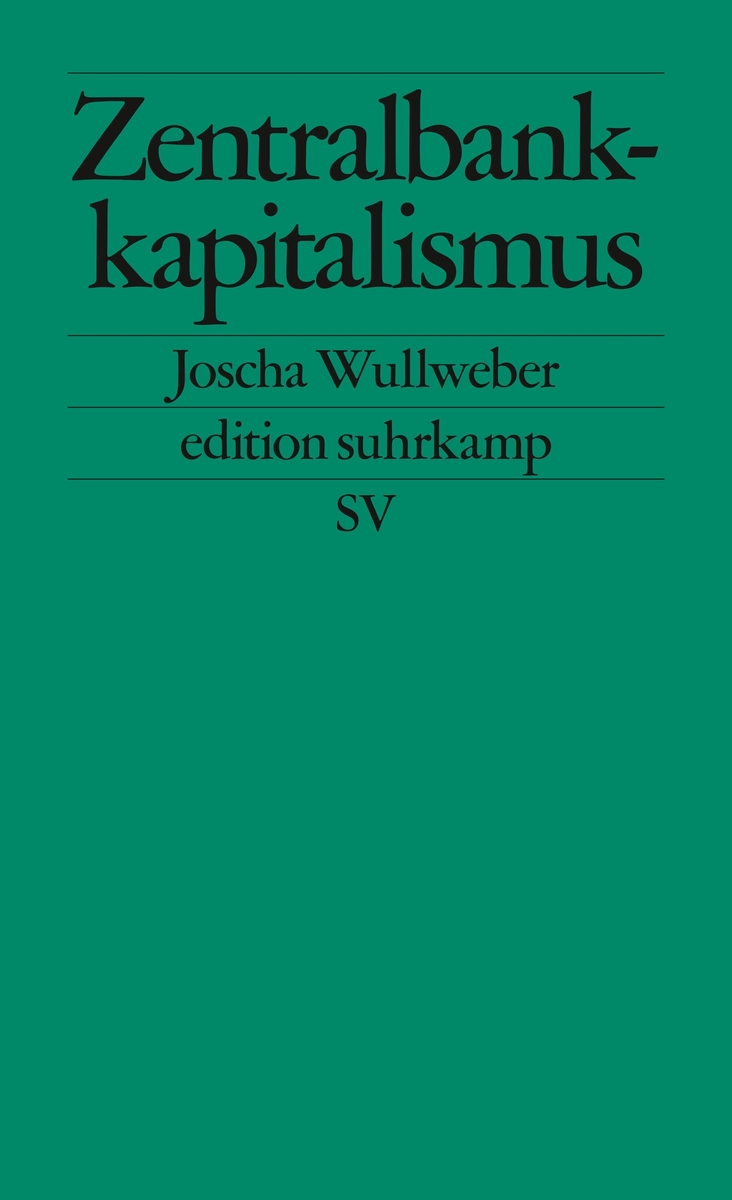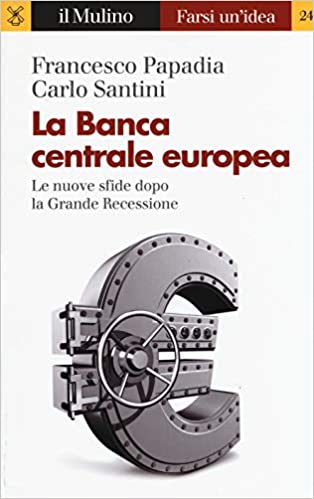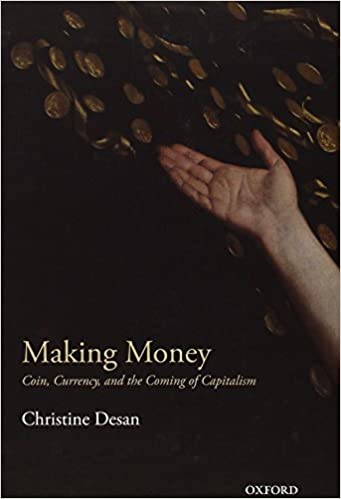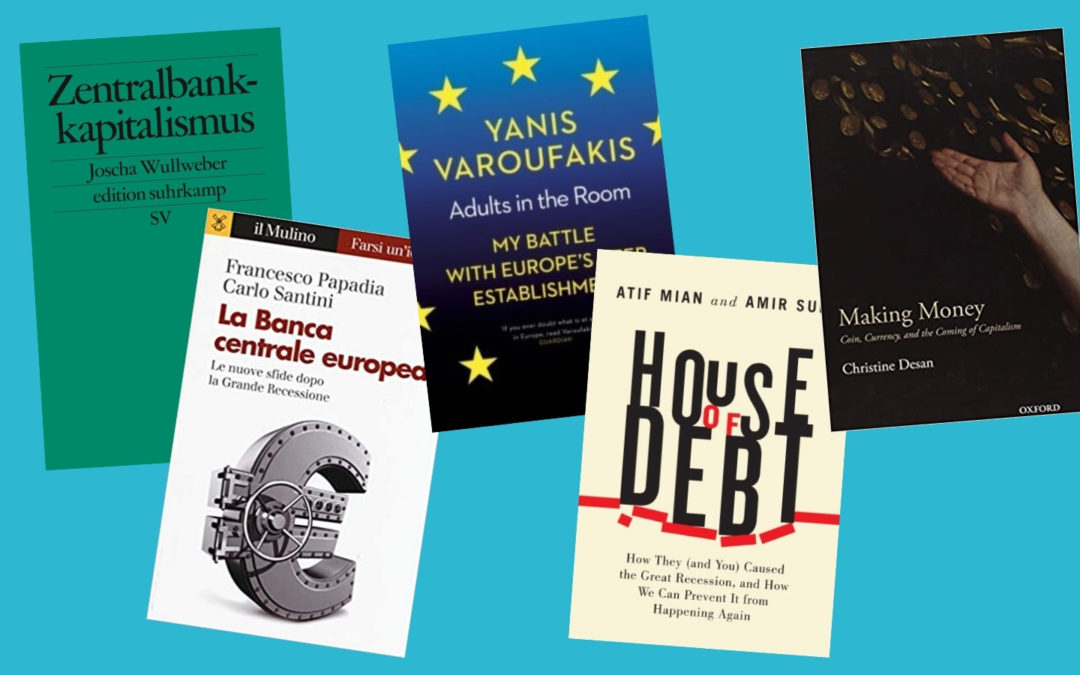Still need a book for your summer vacation? Below is a selection of what we at Positive Money Europe are currently (re)reading – including one book in German and one in Italian, reflecting the diversity of our team.
Let us know what you are currently reading and what book would you recommend to us!
1) Zentralbankkapitalismus by Joscha Wullweber
 Joscha Wullweber describes the increasingly powerful and political role of central banks in our current version of capitalism. He discusses how, since the global financial crisis in 2008, the ECB has jumped in to stabilise crumbling financialised economies and became the saviour of the Eurozone. He also points out how the ECB’s reliance on unregulated financial market actors has increased financial fragilities.
Joscha Wullweber describes the increasingly powerful and political role of central banks in our current version of capitalism. He discusses how, since the global financial crisis in 2008, the ECB has jumped in to stabilise crumbling financialised economies and became the saviour of the Eurozone. He also points out how the ECB’s reliance on unregulated financial market actors has increased financial fragilities.
Why we liked it: It summarises the developments in central banking really well. Recognising the limits of the current macro-financial architecture for addressing climate change and other societal challenges, this book calls for a version of (post-crisis) monetary-fiscal coordination – a timely and convincing conclusion.
2) La Banca centrale europea: le nuove sfide dopo la Grande Recessione by Francesco Papadia & Carlo Santini
 In the face of the most serious economic and financial crisis of the last sixty years, it is important to have a thorough understanding of the ECB in order to be able to assess its work and efforts. This book recounts the ECB’s history and illustrates its functions, structure, responsibilities and exceptional responses to the ‘perfect storm’ of the crisis.
In the face of the most serious economic and financial crisis of the last sixty years, it is important to have a thorough understanding of the ECB in order to be able to assess its work and efforts. This book recounts the ECB’s history and illustrates its functions, structure, responsibilities and exceptional responses to the ‘perfect storm’ of the crisis.
Why we liked it: The authors, Francesco Papadia and Carlo Santini, outline the history and characteristics of this institution in an accessible style, providing a clear overview of the ECB’s role in the European system of central banks, and in managing economic crises.
3) Adults in the Room by Yanis Varoufakis
 Back among the outsiders, Yanis Varoufakis recounts the path that brought him to serve Greece as Minister of Finance between January and July 2015, and challenge the Troika as an insider. A straightforward, enthralling political memoir that sheds light on the behind-the-scenes of the sovereign debt crisis and the decisions taken to cope with it.
Back among the outsiders, Yanis Varoufakis recounts the path that brought him to serve Greece as Minister of Finance between January and July 2015, and challenge the Troika as an insider. A straightforward, enthralling political memoir that sheds light on the behind-the-scenes of the sovereign debt crisis and the decisions taken to cope with it.
Why we liked it: Understanding the Greek crisis and the way it has been handled is a starting point for rethinking the design of the Eurozone in a way that is more transparent and democratic. Varoufakis offers a detailed but accessible analysis of the flawed mechanisms that led him to ask for a renegotiation of his country’s relationship with the EU, while maintaining a fresh, optimistic view that reform is possible.
4) House of Debt by Atif Mian & Amir Sufi
 Based on numerous authoritative microeconomic studies, Atif Mian and Amir Sufi demonstrate that focusing on cleaning the balance sheet of underwater households through more generous debt relief would have been a far more effective path to recovery than the rush to recapitalise banks, and the narrow-minded focus on ‘restoring confidence in the financial system’. The authors demonstrate that supplying liquidity is only part of the solution, with every crisis, as unless a household’s balance sheet is not cleaned up, they do not borrow, do not spend, do not invest and do not start businesses – all creating a vicious cycle and a stalled recovery.
Based on numerous authoritative microeconomic studies, Atif Mian and Amir Sufi demonstrate that focusing on cleaning the balance sheet of underwater households through more generous debt relief would have been a far more effective path to recovery than the rush to recapitalise banks, and the narrow-minded focus on ‘restoring confidence in the financial system’. The authors demonstrate that supplying liquidity is only part of the solution, with every crisis, as unless a household’s balance sheet is not cleaned up, they do not borrow, do not spend, do not invest and do not start businesses – all creating a vicious cycle and a stalled recovery.
Why we liked it: As we are going through the pandemic-induced crisis, the book once again demonstrates the need for people-centred recovery, as well as the necessity and economic sense of debt relief and forgiveness. These messages are as vital now as they were a decade ago.
5) Making Money: Coins, Currency, and the Coming of Capitalism by Christine Desan
 If you haven’t yet read this classic on the legal history of money, this summer is the time to do it! Christine Desan discusses major developments in how money was “made”, i.e. what gave it value and validated it as a reliable medium of exchange. She covers money in the Middle Ages, England’s decision at the end of the 17th century to share its monopoly right over money creation with private investors, the breakdown of commodity money and the emergence of commercial bank money. She shows how many of the problems in our monetary system today stem from the hybrid system we have constitutionalised, i.e. money being a claim on the public yet created and distributed mostly according to private incentives.
If you haven’t yet read this classic on the legal history of money, this summer is the time to do it! Christine Desan discusses major developments in how money was “made”, i.e. what gave it value and validated it as a reliable medium of exchange. She covers money in the Middle Ages, England’s decision at the end of the 17th century to share its monopoly right over money creation with private investors, the breakdown of commodity money and the emergence of commercial bank money. She shows how many of the problems in our monetary system today stem from the hybrid system we have constitutionalised, i.e. money being a claim on the public yet created and distributed mostly according to private incentives.
Why we liked it: ‘Making Money’ is an incredibly well-researched and accessible book. It’s a must-read for everybody who wants to understand money in its past and present (legal) articulations.

